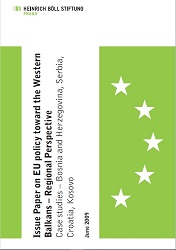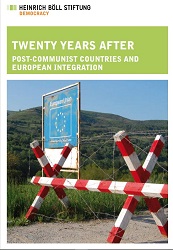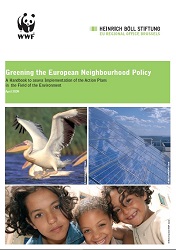
Issue Paper on EU policy toward the Western Balkans – Regional Perspective: Case studies – Bosnia and Herzegovina, Serbia, Croatia, Kosovo
Issue Paper on EU policy toward the Western Balkans – Regional Perspective: Case studies – Bosnia and Herzegovina, Serbia, Croatia, Kosovo
Keywords: Western Balkans and EU; Ethno-politics; conditionality;
There is no doubt that the states of the Western Balkans belong to the European Union. However, their road to the EU is by no means an easy one. The entire Western Balkan region is not only encumbered by the maladies related to its communist past, but also by the problems the region has more recently experienced due to the horrors of war. Many of the ethnic tensions have not yet cooled down. The EU is more sceptical of further enlargement now than it was prior to the large-scale enlargements that brought in the states of Central and Eastern Europe in 2004 and 2007. The current EU-27 finds consensus more difficult to reach among states that are more different politically, economically and culturally than ever before. The EU, therefore, is not hastening the next wave of enlargement. It would be a big mistake, however, for the EU to close its doors to the states of the Western Balkans. The promise of EU accession is the most reliable driver of reform and stabilization for these potential new members. One of the foreign policy priorities of the Czech EU presidency was indeed continuing accession talks with the Western Balkan states. // In this publication we offer you an overview of the situation from the perspective of experts from four Western Balkan countries: Bosnia and Herzegovina, Croatia, Kosovo and Serbia. You are about to read a text which is in many ways significantly critical both towards domestic conditions in these countries and towards EU policy on the Western Balkan region, thanks to which you will have the opportunity to probe deeper into the problems of this region, which decidedly should not remain in the background of our interest.
More...

